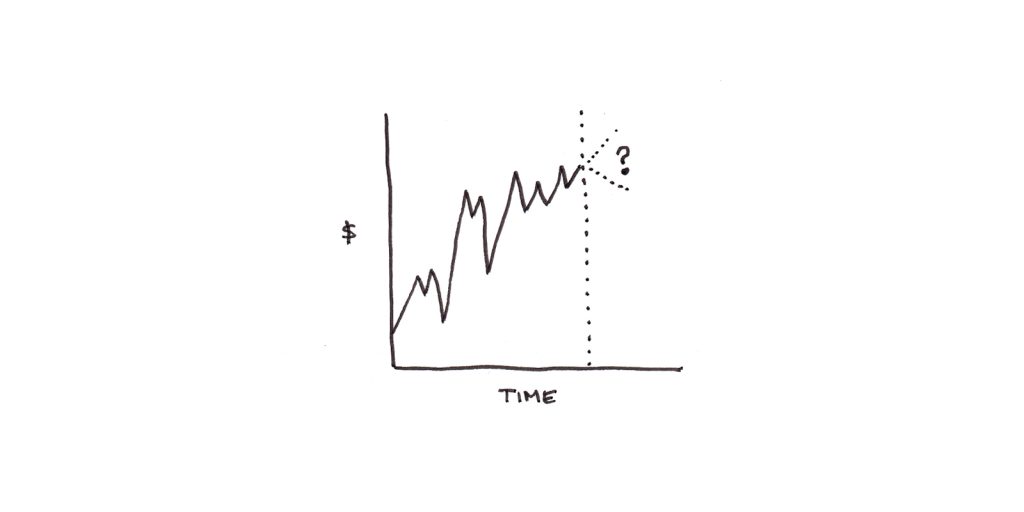Temel Kavramlar
The author delves into expert opinions widely accepted by specialists but often misunderstood by the general public, shedding light on topics like market efficiency, intelligence, and learning styles.
Özet
The content explores seven expert opinions that challenge common beliefs. It covers topics such as market efficiency, intelligence heritability, learning styles myth, physics' explanatory power, weight management challenges, language learning misconceptions, and economic progress comparisons.
- Markets are mostly efficient due to the aggregation of information in stock prices.
- Intelligence is largely heritable and not easily changeable despite its importance.
- Learning styles like visual or auditory preferences lack scientific support.
- The world can be explained entirely by physics according to a physicist's worldview.
- Overweight issues stem from excessive eating despite the difficulty in curbing it.
- Children don't learn languages faster than adults but reach higher mastery levels.
- Economic indicators show we are better off than previous generations despite common pessimism.
Özeti Özelleştir
Yapay Zeka ile Yeniden Yaz
Alıntıları Oluştur
Kaynağı Çevir
Başka Bir Dile
Zihin Haritası Oluştur
kaynak içeriğinden
Kaynak
www.scotthyoung.com
7 Expert Opinions I Agree With (That Most People Don't) - Scott H Young
İstatistikler
"Intelligence shows strong heritability, with the g-factor maybe being as much as 85% heritable."
"Studies routinely find that older learners tend to become proficient in a language more quickly than children do."
Alıntılar
"People are overweight because they eat too much. It is also really hard to stop."
"Children don’t learn languages faster than adults but they do reach higher levels of mastery."
Önemli Bilgiler Şuradan Elde Edildi
by Scott Young : www.scotthyoung.com 08-08-2023
https://www.scotthyoung.com/blog/2023/08/08/expert-opinions/
Daha Derin Sorular
How can society bridge the gap between expert opinions and public understanding?
In order to bridge the gap between expert opinions and public understanding, several strategies can be implemented. Firstly, there needs to be a concerted effort in promoting scientific literacy among the general population. This can be achieved through educational initiatives that focus on critical thinking skills, evidence-based reasoning, and an understanding of the scientific method. By equipping individuals with the tools to evaluate information critically, they will be better able to discern credible expert opinions from misinformation.
Secondly, experts need to communicate their findings in a clear and accessible manner. Complex scientific concepts should be broken down into digestible pieces of information that are easily understandable by non-experts. Utilizing plain language, visual aids, and real-world examples can help make expert opinions more relatable and relevant to the public.
Furthermore, fostering open dialogue between experts and the public is crucial for building trust and mutual understanding. Experts should engage with communities through outreach programs, town hall meetings, or online platforms where they can address concerns, answer questions, and provide context for their research findings.
Ultimately, bridging the gap between expert opinions and public understanding requires a collaborative effort involving educators, scientists, policymakers, media outlets, and community leaders working together to promote science literacy and facilitate meaningful conversations around complex issues.
Is there room for flexibility in accepting expert consensus on controversial topics?
While it is important to respect expert consensus on controversial topics based on rigorous research and evidence-based practices,
there is still room for flexibility in accepting these conclusions.
It's essential to recognize that science is not static; new discoveries may challenge existing beliefs or lead to revisions in previously accepted theories.
Therefore,
maintaining an open-minded approach towards evolving scientific knowledge is crucial.
Moreover,
acknowledging diverse perspectives within the scientific community
and encouraging healthy skepticism can foster innovation
and drive further exploration into contentious subjects.
Flexibility in accepting expert consensus allows for ongoing discourse,
critical evaluation of data,
and adaptation of viewpoints as new information emerges.
How does questioning traditional beliefs contribute to societal progress?
Questioning traditional beliefs plays a vital role in societal progress by challenging outdated norms,
encouraging critical thinking,
and fostering innovation.
By scrutinizing long-held assumptions or practices,
individuals are prompted
to seek alternative perspectives
and explore new ideas that may lead
to transformative change.
This process of questioning tradition fosters intellectual growth,
drives social reform efforts,and promotes inclusivity within diverse communities.
Additionally,it encourages continuous learning,research,and development across various fields,resultingin advancementsin technology,culture,politics,and beyond.Questioning traditional beliefs ultimately pavesthe wayfor societal evolutionby pushing boundaries,challenging established systems,and pavingthe pathfor positive transformationwithin our ever-changing world.
0
